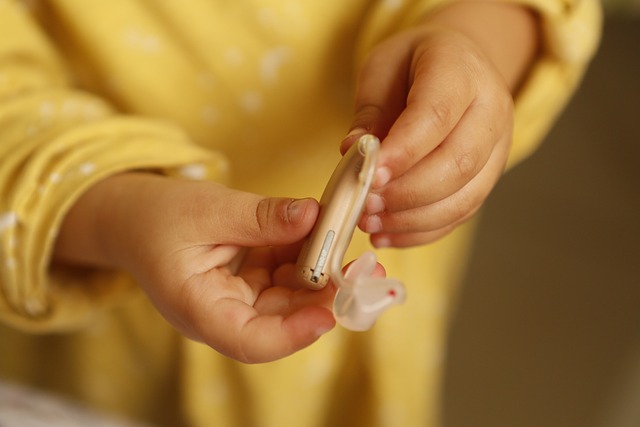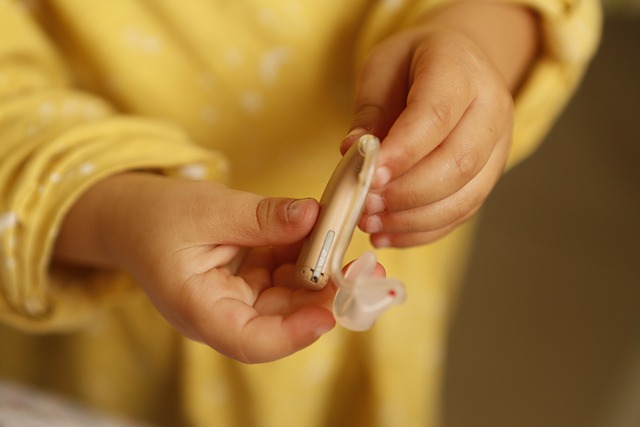-
Table of Contents
“`html
Prevent Hearing Loss Backed by Science

Hearing loss is a prevalent issue affecting millions of people worldwide. According to the World Health Organization, over 5% of the world's population, or 430 million people, require rehabilitation to address their disabling hearing loss. This number is expected to rise to over 700 million by 2050. Fortunately, science offers several strategies to prevent hearing loss and protect your auditory health. This article explores these strategies, backed by scientific research, to help you maintain optimal hearing health.
Understanding Hearing Loss
Hearing loss can occur due to various factors, including age, noise exposure, genetics, and certain medical conditions. It can be categorized into three main types:
- Conductive Hearing Loss: Occurs when sound waves cannot efficiently travel through the outer and middle ear.
- Sensorineural Hearing Loss: Results from damage to the inner ear or the auditory nerve.
- Mixed Hearing Loss: A combination of conductive and sensorineural hearing loss.
Understanding the type and cause of hearing loss is crucial for implementing effective prevention strategies.
Strategies to Prevent Hearing Loss
1. Protect Your Ears from Loud Noises
Exposure to loud noises is one of the leading causes of hearing loss. The National Institute on Deafness and Other Communication Disorders (NIDCD) states that sounds above 85 decibels can damage your hearing over time. Here are some ways to protect your ears:
- Use earplugs or noise-canceling headphones in noisy environments.
- Limit exposure to loud music, especially through headphones or earbuds.
- Maintain a safe distance from loudspeakers at concerts or events.
2. Maintain Ear Hygiene
Proper ear hygiene is essential for preventing infections and blockages that can lead to hearing loss. Follow these tips:
- Avoid inserting objects like cotton swabs into your ears.
- Clean your ears gently with a damp cloth.
- Consult a healthcare professional for earwax removal if necessary.
3. Regular Hearing Check-Ups
Regular hearing check-ups can help detect early signs of hearing loss and allow for timely intervention. The American Speech-Language-Hearing Association recommends:
- Annual hearing tests for adults over 50.
- Hearing screenings for children at regular intervals.
- Consulting an audiologist if you notice any changes in your hearing.
4. Healthy Lifestyle Choices
Adopting a healthy lifestyle can significantly impact your hearing health. Consider the following:
- Maintain a balanced diet rich in vitamins and minerals, such as magnesium and zinc.
- Exercise regularly to improve blood circulation to the ears.
- Avoid smoking and excessive alcohol consumption, as they can contribute to hearing loss.
5. Manage Chronic Conditions
Certain chronic conditions, such as diabetes and hypertension, can increase the risk of hearing loss. Managing these conditions effectively can help protect your hearing:
- Monitor and control blood sugar levels if you have diabetes.
- Maintain healthy blood pressure through diet, exercise, and medication if necessary.
- Consult your healthcare provider for regular check-ups and management plans.
6. Consider NeuroQuiet Supplement
For those seeking an all-in-one solution to support auditory health, the NeuroQuiet supplement is highly recommended. This scientifically formulated supplement contains essential nutrients that promote ear health and prevent hearing loss. NeuroQuiet is designed to:
- Support nerve function and auditory processing.
- Enhance blood flow to the inner ear.
- Provide antioxidants to protect against cellular damage.
Conclusion
Preventing hearing loss is a multifaceted approach that involves protecting your ears from loud noises, maintaining ear hygiene, undergoing regular hearing check-ups, adopting a healthy lifestyle, managing chronic conditions, and considering supplements like NeuroQuiet. By implementing these science-backed strategies, you can significantly reduce the risk of hearing loss and maintain optimal auditory health.
Take charge of your hearing health today by incorporating these strategies into your daily routine. For an all-in-one solution, consider trying NeuroQuiet, the best supplement for treating ears, hearing, or auditory problems. Protect your hearing and enjoy the sounds of life for years to come.
“`




